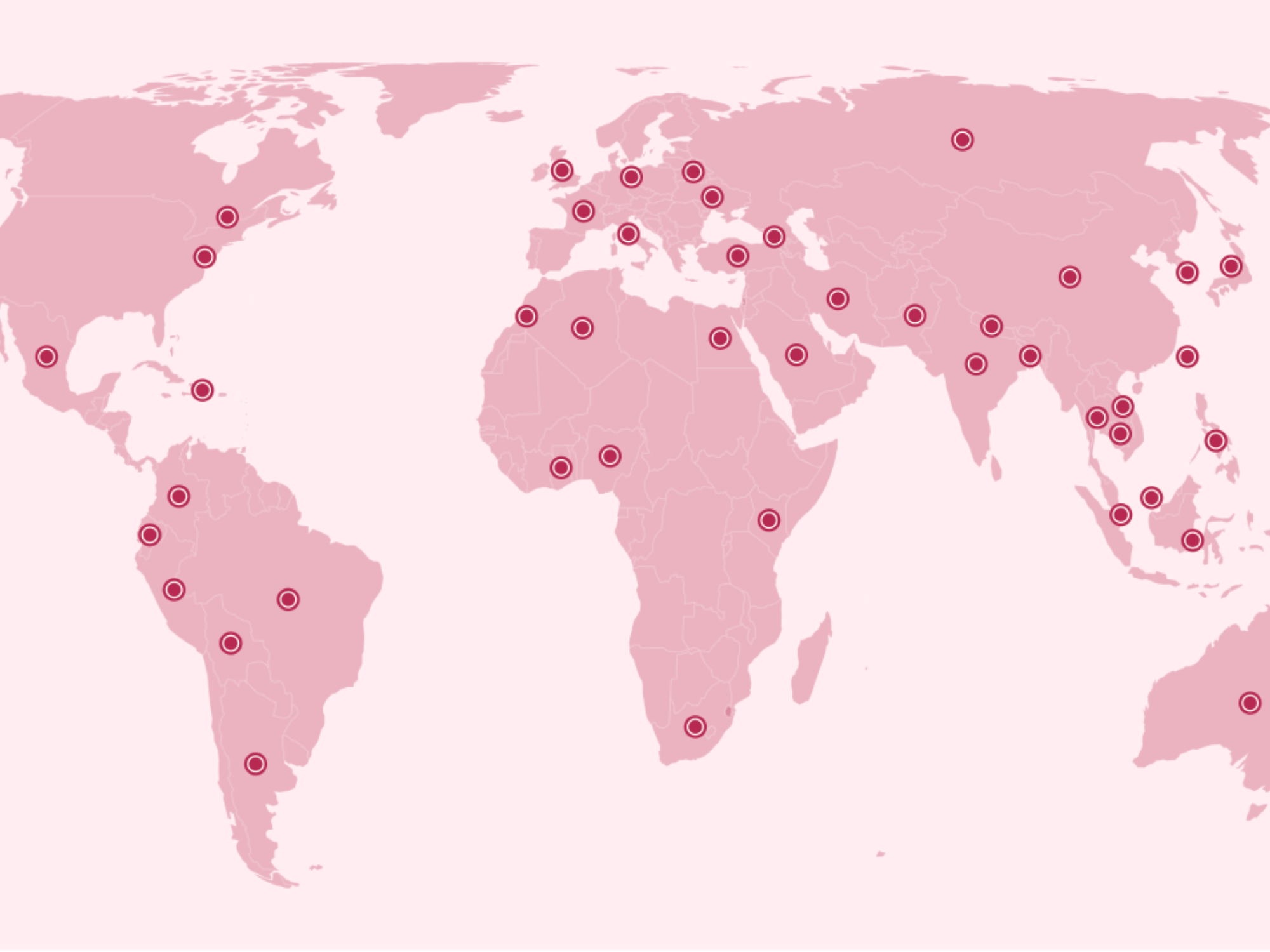Introduction
The rapid ascent of cryptocurrencies from speculative curiosities to vital components of global finance has piqued the interest of governments across the world. As incidents of financial instability linked to crypto assets have heightened calls for oversight, nations are scrambling to implement regulations that strike a balance between innovation and consumer protection.
Shifting Sands: The U.S. Regulatory Landscape
In the United States, the regulatory landscape has seen significant developments. The introduction of the Financial Innovation and Technology (FIT) for the 21st Century Act has aimed to clarify the distinction between cryptocurrencies as securities or commodities. However, progress has stalled as various legal battles continue to unfold, particularly following a district court ruling favoring Ripple in terms of its XRP sales. The ongoing tussle between regulators and crypto businesses showcases the need for a cohesive regulatory framework in the U.S.
European Union’s Comprehensive Approach
Across the Atlantic, the European Union has taken a decisive step by enacting the Markets in Crypto-Assets Regulation (MiCA), establishing the first comprehensive framework for digital assets. This legislation mandates that entities engaging in crypto transactions adhere to strict licensing requirements and implement robust anti-money laundering measures. Despite early concerns surrounding the collapse of high-profile crypto firms, EU regulators remain committed to fostering a safe environment for users.
Asian Initiatives: Diverse Regulations
In Asia, the regulatory environment varies widely. Japan has adopted a relatively permissive stance, recognizing cryptocurrencies as legal property and instituting comprehensive measures to combat money laundering. Conversely, China’s stringent regulations ban all crypto enterprises and prohibited mining in an effort to maintain strict control over its financial system. Meanwhile, nations like India and South Korea are navigating their paths, with India considering a bill to regulate digital currencies and South Korea reinforcing protections for virtual asset users.
Latin America: Brazil’s Pioneering Regulations
Brazil has emerged as a leader in South America by enacting the Cryptoassets Act, which places regulatory oversight under the central bank. With an increase in digital currency use, the government aims to increase safety measures to prevent fraud and protect consumers from unscrupulous practices. As the regulatory framework continues to develop, Brazil’s approach may set a precedent for neighboring countries.
Global Principles and the Path Forward
Beyond specific national regulations, there is a growing consensus on the need for global standards. The International Organization of Securities Commissions has advocated for harmonized rules to address the cross-border nature of cryptocurrency markets, minimizing risks for investors and ensuring regulatory coherence. As countries grapple with how to regulate these digital assets, collaboration and shared principles may be crucial in creating a global regulatory landscape.
Key Takeaways
- Countries worldwide are increasingly implementing regulations for cryptocurrencies, reflecting their growing significance in the global economy.
- The U.S. has seen both progress and setbacks in establishing a legal framework for digital assets.
- The European Union has adopted comprehensive regulations with stringent requirements for crypto transactions.
- Asian countries exhibit a diversity of regulatory stances, ranging from permissive to highly restrictive.
- Global cooperation and alignment on cryptocurrency regulations are essential for effective oversight and market integrity.

